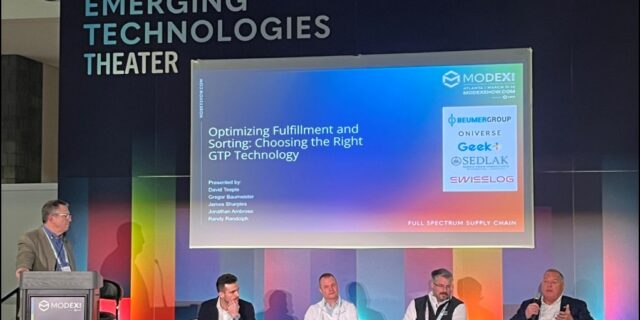Utilizing Change Management to Ensure Labor Management Success
February 20, 2020 By: Louis J. Cerny | Topics: Change Management, IT Solutions, Productivity & LaborAs discussed in our previous blog posts on labor management, if the tight labor market and increased demand for improved customer service are a constant challenge, a labor management system (LMS) can help to mitigate these issues.
However, like most changes, a successful labor management program requires the following:
- Executive buy-in and demonstrated support.
- Ongoing communication with all the stakeholders.
- A mechanism for addressing questions and concerns.
- Education and training on how to use it and leverage its capabilities.
These elements can be secured through a properly designed and integrated change management program. Change management helps drive business results by getting individuals and groups ready, willing, and able to implement and sustain new ways of working (Change Guides LLC).
This is essential to later implementing a successful labor management system.
While the costs and benefits of an LMS are identified as part of the annual budgeting process—at least two months prior to introducing the intention to implement an LMS to the labor force—it is critical that the executive team supports the initiative 100% and understands the costs, schedule, the need for their ongoing support and, most importantly, how it will impact the associates and managers on the floor. It is equally important that the leadership continues to show their support throughout the program. This often includes town hall meetings, newsletters and individual or small group meetings.
Although change is a necessity for continued success in business, few individuals want to change themselves and fewer want to lead the change. That is why the executive team needs to fully understand and buy in to the need to include change managements as an integral part of the LMS initiative. Sending a clear, concise and consistent message to the associates is critical.
Prior to announcing the intention to implement an LMS, the change management program must be in place. Initial communication documents and a realistic timeframe for ongoing dialog on the topic must be introduced at the beginning of the rollout.
Since an LMS measures individual performance, you will typically get several comments and concerns immediately after it is announced:
- Why is this being done?
- I am concerned that big brother is watching me.
- How will this impact my pay?
These topics must be addressed in the initial introduction. This is critical to gaining acceptance and eventually adoption by the associates.
An organization needs to plan a minimum of two to three months for the associates to go from the initial introduction of the LMS through the change management process to when the LMS begins to rollout to the floor.
Assuring that the LMS provider and implementer you pick has team members certified in a formal change management program, such as the program developed by Change Guides, is as critical as which LMS program you partner with.
For more information, read the other posts in our labor management blog series including:
- 2020 Insight into Optimizing Labor (#1)
- The Crucial Benefits of Labor Management Systems (#2)
- LMS Implementation Costs and Schedule (#4)
- How to Implement an LMS in Under 120 Days (#5)
Interested in learning more about change management? Contact Lou Cerny at lcerny@jasedlak.com.





